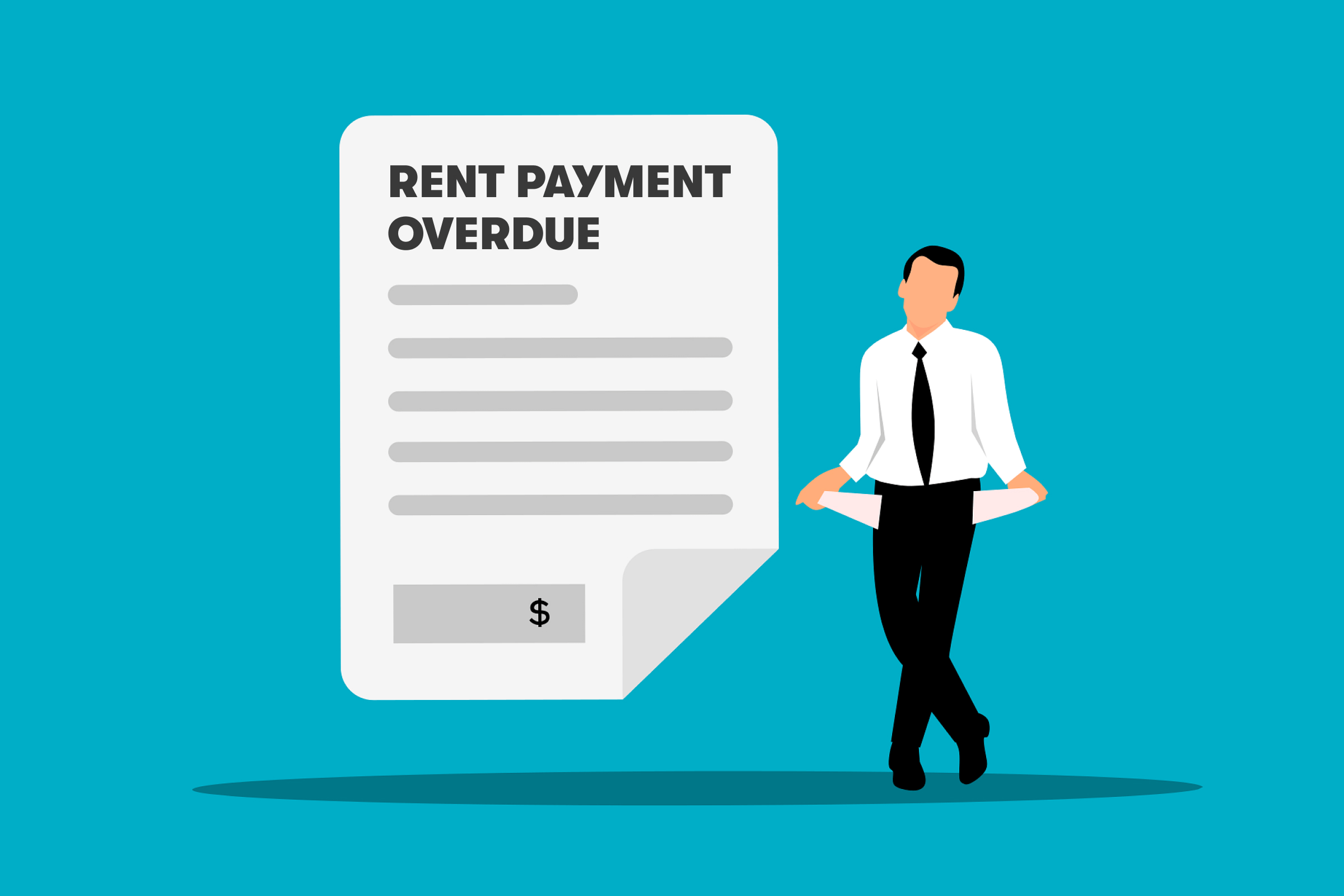

Falling behind on rent can feel overwhelming, especially if it's your first time renting. But don’t stress! You’re not alone.
And there are clear steps you can take if you find yourself in rent arrears.
Understanding your rights and responsibilities is key. So let’s break it all down, one step at a time and soon you'll be back on track.
Rent arrears simply means you owe rent that wasn't paid by it's due date. This could be a single missed payment or several weeks if things snowball.
Landlords and agents generally take rent arrears seriously, but they also know that life happens. Either way, it’s important to act quickly.
A short delay might just mean a friendly reminder, while ongoing arrears can lead to formal notices or even termination of your lease.
If you fall into rent arrears, the first step is usually a notice from your landlord or agent. This might be a text, email or formal letter reminding you of the overdue payment.
Depending on your lease and local tenancy laws, a notice to remedy the breach may be issued. This gives you a set number of days to pay the outstanding rent.
If you don’t fix the breach, the landlord may then issue a notice to leave (a termination notice). But again, don’t stress...
You’ll always have some time to resolve things. Communication is key.
As soon as you realise you won’t be able to pay rent on time, reach out to your property manager and explain your situation honestly.
Whether it’s a temporary cash flow issue or something more serious, most agents would rather work with you than start the eviction process.
They might be open to a short-term payment plan or give you a few extra days to catch up. And remember: Ignoring calls or emails only makes things harder.
Yes, but it’s not the first step. Eviction is a last resort, and you’ll usually receive several warnings before things go that far.
Tenancy laws across Australia require landlords to follow a legal process, which includes notice periods and opportunities to pay what’s owed.
If you’re in rent arrears, you can usually avoid eviction by paying the overdue amount within the required timeframe.
In some cases, the matter might go to a tenancy tribunal. This gives both sides the chance to explain their situation before a decision is made.
If you’re unable to pay your rent at all, don’t wait... get help as soon as you can. Support is out there, and taking action early can make a big difference.
You might be eligible for government assistance, depending on your circumstances.
Charities and not-for-profits also offer emergency relief and advice, while financial counsellors can help you make a plan to get back on track.
Absolutely. If your landlord or agent reports a history of rent arrears, it could make future rentals harder to secure.
Many property managers check references and rental ledgers before approving new tenants. That’s why it’s so important to resolve issues quickly and keep communication open.
Showing that you’re proactive (even when things go wrong) can make a big difference to how you’re perceived.
To help you stay on top of things:
You can also look into using tools like RentPay, which offers flexible rent payments and budgeting features to help renters manage their finances.
You might also like:
> Creating a financial plan while renting
> Can’t save money? Here’s why and how to change that
> Why it pays to have an emergency fund (and how you can do it)